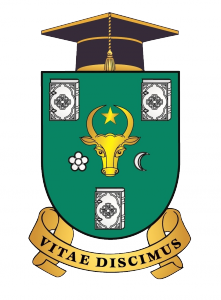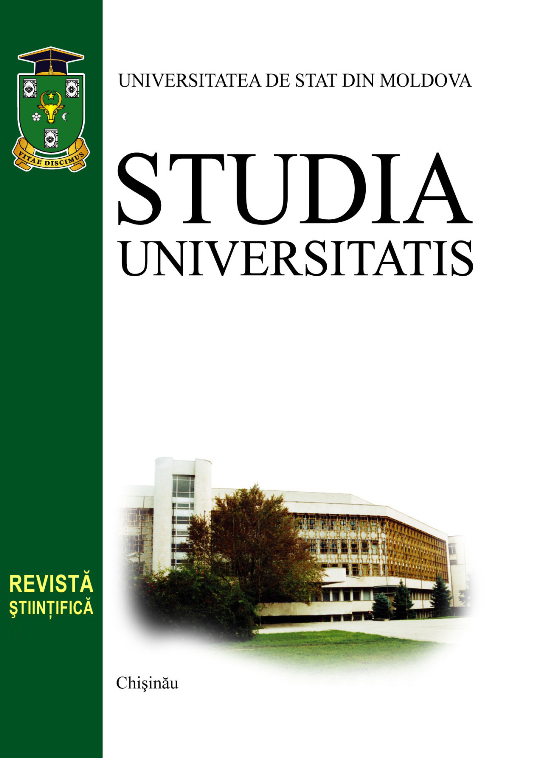ÎNVĂŢĂMÂNTUL ÎN ASISTENŢA SOCIALĂ ÎN REPUBLICA MOLDOVA: REALIZĂRI ŞI PROBLEME
Maria BULGARU Catedra Asistenţă Socială
Rezumat
In this article, the author starts with the axiom that social work represents one of the conditions for the well development of the democratic society, being a specific model of social protection of people and their rights. The article provides an analysis of the stages of social work institutionalization since the proclamation of the independence of Moldova in 1991, by emphasizing the most important achievements related to the development of the legal/legislative and institutional framework, assistance services system, training of staff. Particular attention was paid to the problem of training of professional social workers through the higher education system, which was represented by Moldova State University, which, starting 1998, has been preparing specialists in the domain of social work. At present the Faculty of Sociology and Social Work (FSSW) hosts more than 800 students, future social workers, who study for the Bachelor degree and the two Master’s degree programs – „Childhood Studies” (within the frameworks of the Children’ Rights Education Development in Moldova and Serbia Tempus Project) and „Managing Justice in the Community”. While pointing out the main accomplishments obtained in those 10 years of FSSW’s activity through the reform of the university curriculum, in compliance with the European standards, the author also explores a range of problems which affect the quality of social assistance today, such as – weak incorporation of young specialists with university studies in the labor market, lack of a national strategy for the training of employees from all structures of the social assistance system through the development of various forms of study and offering opportunities for studies (paid and free of charge) to all those who are motivated to work in this domain; lack of a National Evaluation and Accreditation Commission for all the institutions operating in the field of social assistance services and the systematic accreditation of the involved personnel, which would bring together competent representatives of the higher education academic community and specialists of the Ministry of Social Protection, Family and Child.


